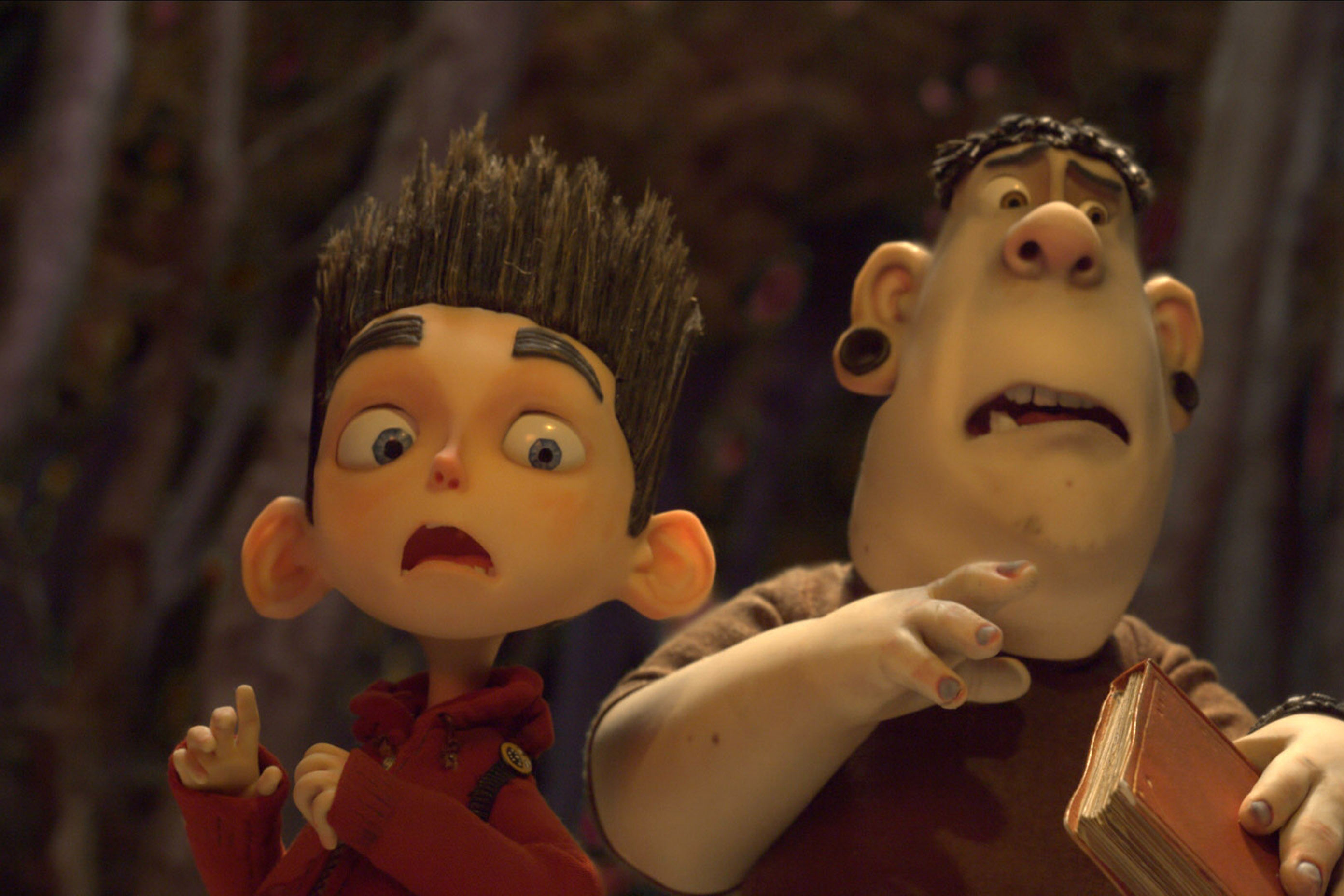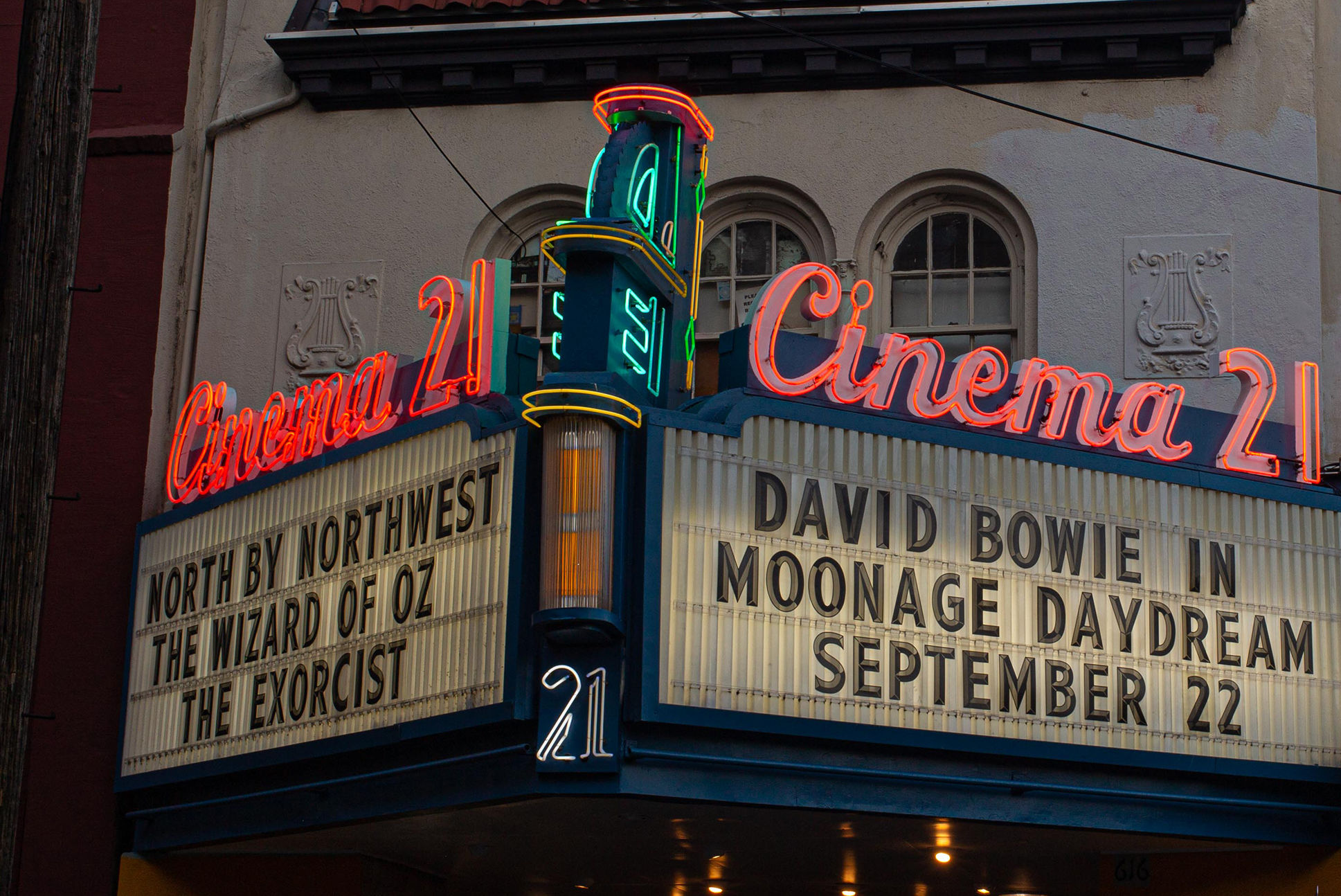Newly Landed Portlander Justin Townes Earle Makes Country Relevant

"I wasn’t just a kid who had some wild, mythical idea of the musical industry," says Justin Townes Earle. "I knew exactly what it was and how it worked before I started making records. It wasn’t a magical ride to me."
It’s a sunny Sunday morning, but at the Waypost bar on N Williams Avenue shades are down and the drinks are flowing. Two young women dance slowly to a lone guitar player singing as if just for them. “I got a bottle of Thunderbird in the trunk / I know a place if there’s anything you want.” The girls sway closer, locking eyes, touching foreheads. “Cut!”
The singer unfolds his thin, six-foot-six frame from the stool. He’s Justin Townes Earle, and the shoot is for a song from his new album, Kids in the Street. So what’s the Nashville-born-and-raised son of country folk legend Steve Earle doing making music videos around these parts?
He’s a Portlander now.
“You are definitely going to see an exodus of freer-thinking Southern artists heading this direction in this particular climate,” he says wryly as he plays with euphemisms for our current political circumstance. “The South can be a difficult place to be in trying times such as these.”
Earle—named in part for his father’s mentor, Townes Van Zandt—may have crossed the Mason-Dixon Line, but the South still twangs through his new record, which he says is populated by “real characters from Nashville—people that I’ve known.” It’s a 12-song ode to a gritty, grainy past and its characters, at once swinging and bluesy, that still manages to poke fun at country music cliché. “One of the problems that I automatically have when I see a kid pull out a banjo is that I’m afraid I’m getting ready to hear another song about a horse and a plow,” he says. His songs, in contrast, refer to Corollas and cell phones. “I don’t know many people that have ever plowed, much less plowed with a horse.”
He’s most often associated with Americana music, but as a label he says it “ain’t that potent anymore,” preferring to call his music blues, with some honky-tonk thrown in. “When it comes right down to it what I do is I make music invented by black people. I make black American music as it was created in the early 20th century and late 19th century.”
His new album marks a departure for Earle: the first he’s made outside of his musical cradle of Nashville, this time heading to Omaha to record with Mike Mogis of Bright Eyes.
“Mike just has this very intellectual understanding of what music is today,” he says of that collaboration. “To him music is an intellectual thing. To me it’s the least intellectual thing. Both of those approaches are necessary.”
The result is Kids in the Street, Earle’s eighth album in 10 years, an impressive output by any standards, but for a 35-year-old with a decade or so of substance abuse behind him—including heroin overdoses, a trashed dressing room, and an arrest for public intoxication and battery—it’s a hats-off accomplishment. He attributes his work ethic to his mother, who raised him after his father left the family home when he was very young. But he learned a lot from Steve Earle, too. “Even though my dad wasn’t around, I was paying attention to what I needed to pay attention to. I wasn’t just a kid who had some wild, mythical idea of the musical industry. I knew exactly what it was and how it worked before I started making records. It wasn’t a magical ride to me.”
He pointedly mined his family dynamics in the twin albums that precede Kids in the Street, the critically acclaimed Single Mothers and Absent Fathers. He’s been wading into that territory for years, though, at least as far back as his 2009 track “Mama’s Eyes,” where he faced his parental legacy head on. “I will say to future singer-songwriters, really think about what you want for a fan base before you start putting records out,” he says with a grin, “because a song like ‘Mama’s Eyes’ will get you at least a handful of semitroubled man-children.”
Man-children fans may be stuck in a moment, but Earle—who by his own admission wasn’t expected to “see 25 years, let alone 35”—is growing up. He’s sober(ish—he admits to the occasional whiskey and smokes weed regularly), married, and living in Laurelhurst with a cat, two German shepherds, and a daughter due next month.
So yes, Earle’s come through, and in this way at least has a role model in a father who also battled addiction, and is now sober and still producing music after four decades in the business. “He’s 62 years old and he’s still got a viable career,” says Earle. “Like with Keith Richards, you’ve got to look up to the people that survived almost more than the people that didn’t.” He smiles again, and lights a cigarette. “Otherwise you’re gonna have a problem.”




